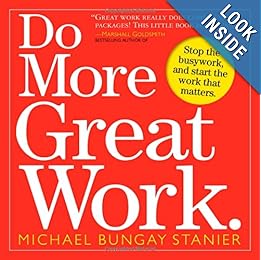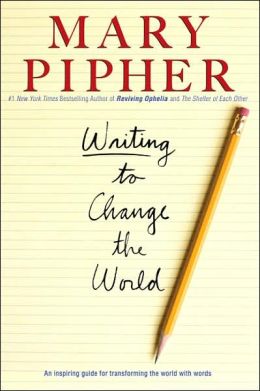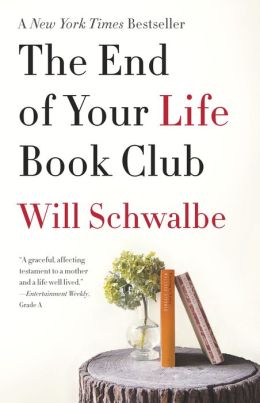I've been trying to figure out how to tell this story...it's an old tale, and like many others, the version I heard has an unfortunate cultural stereotype to it...so here is a very generic version with the same great message.
So, there was this guy who is supposed to be a farmer but really he must be some kind of horse rancher, and he gets the bad news that one of his fences has broken and all the horses have run away. Although his neighbors and ranch hands are desperately upset about his loss, he takes in all in stride.
Sure enough the next day all the pretty horses return, and in their midst is a mighty stallion who was not part of the group before. The neighbors and ranch hands are overjoyed because not only did the living assets return, but the added value of the stallion is more than they could have dreamed.
The farmer/rancher guy takes all this good news in stride, without particular jubilation. Before you know it, his son has been thrown from the stallion's back, and he is laying in dirt moaning with a clearly broken arm. The workers and neighbors mourn the rancher's terrible luck. Just when things seemed to be going well, the son is temporarily disabled and the ranch will be harder to manage.
The next day all the kings horses and all the king's men come riding by, announcing that the king has decreed that all able-bodied young men are being rounded up to fight in the latest bloody war. But of course our hero's son doesn't have to go because of his broken arm.
Is this guy lucky or has he just learned to go with the flow?
Although his workers and neighbors ride an emotional roller coaster of doomsday vs. ecstasy, the farmer/rancher character stays even-keeled through difficult times, knowing that a) it's not as bad as it looks, and b) a bit of relief is just around the corner.
It is tremendously challenging to function in the current educational environment. It feels like decision makers haven't spend a day in the classroom, or if they have it was a very long time ago. We jump through inane hoops and suffer all manner of time-wasters. We are accountable to rules that haven't been written yet.
Have you lately considered the good that is happening? Teachers are collaborating like never before. Big sloppy discussions are taking place around content, instruction, and assessment. These gatherings can be maddening, frustrating, and hurtful, and it would be easier and nicer in so many ways not to have them. And yet...
Here are some of the things I have learned in the high stakes environment:
- My students accelerated their learning when I stopped making excuses for them.
- My colleagues have strengths that complement my shortcomings, and their push is good for me.
- Restless preoccupation with what isn't working is different than feeling constant incompetence.
- I need to both keep an open mind and find my voice when things get too ridiculous.
- Some of what I prefer to do isn't as intentional as I like to think, and needs to be reassessed.
- I can't be effective if I let myself feel beat up.
- Judging doesn't work--it is backward facing. What's Next?














 +
+ =
=